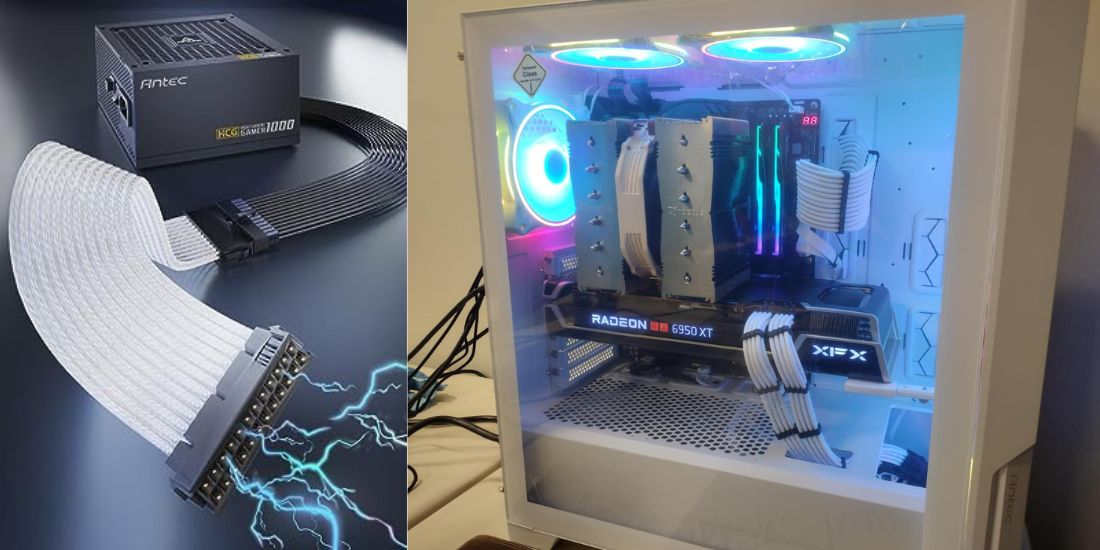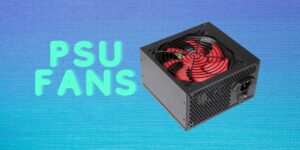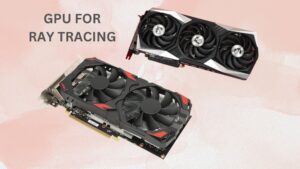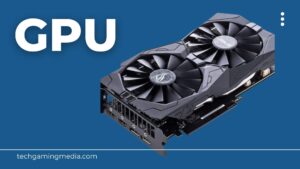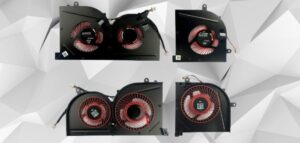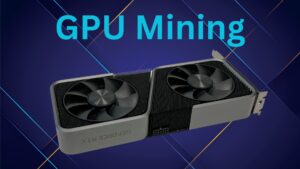Are PSU Cables Interchangeable? Risks and Considerations
If you’re a PC enthusiast or just a casual computer user, you’ve probably come across the term “PSU cables” at some point. PSU, which stands for Power Supply Unit, is a critical component of any computer system, providing the necessary electrical power to all the other elements. However, there’s often confusion surrounding whether PSU cables are interchangeable. In this comprehensive guide, we’ll delve into this question and provide all the information you need to understand PSU cables better.
The Basics of PSU Cables
PSU cables are the connectors that link your power supply to various components within your computer, such as the motherboard, graphics card, hard drives, and more. These cables are essential for delivering power from the PSU to each component, ensuring your computer functions correctly.
But before we dive into the interchangeability of PSU cables, let’s establish a foundation by understanding the basic types of PSU cables you might encounter in your computer:
1. 24-Pin ATX Cable
- The 24-pin ATX cable is an essential part of a desktop computer’s power supply unit (PSU), delivering power from the PSU to the motherboard. It consists of 24 pins arranged in a single connector that plugs into the motherboard’s main power socket. This cable provides power to various components on the motherboard, including the CPU, RAM, and expansion slots. Its sturdy construction and standardized design ensure reliable power distribution, critical for the proper functioning of the computer system.
2. 8-Pin EPS Cable
- The 8-pin EPS cable is a vital component in desktop computer power supplies, specifically designed to provide power to the CPU. It features an 8-pin connector that plugs into the corresponding socket on the motherboard. This cable delivers stable and reliable power directly to the CPU, ensuring optimal performance and stability during intensive tasks. Its robust construction and standardized design make it an essential element in modern computer systems, facilitating efficient power delivery to the central processing unit.
3. 6 or 8-pin PCIe Cable
- The 6 or 8-pin PCIe cable is essential for providing supplemental power to graphics cards in desktop computers. Featuring either a 6-pin or 8-pin connector, it plugs into the dedicated PCIe power socket on the graphics card. This cable ensures that the GPU receives sufficient power to operate at its full potential, especially during demanding tasks such as gaming or rendering. Its standardized design and sturdy construction contribute to stable power delivery, enhancing the overall performance and reliability of the graphics card.
4. SATA and Molex Cables
- SATA and Molex cables are integral components of desktop computer power supplies, used to connect various peripherals and storage devices. SATA cables feature flat connectors, linking hard drives, SSDs, and optical drives to the motherboard. Molex cables, on the other hand, employ a rectangular connector design, supplying power to older devices like fans and certain hard drives. These cables facilitate efficient power distribution throughout the system, ensuring reliable operation of peripherals and storage components.
Exceptions and Precautions
While PSU cables are generally not interchangeable, there are some exceptions and precautions you should be aware of:
1. Modular PSUs:
Some power supplies come with modular cables, allowing you to connect only the cables you need. In this case, it’s crucial to use the cables provided by the same manufacturer and model of your PSU.
2. Branded Components:
Certain high-end graphics cards or motherboards may come with their own power cables. These cables are usually labelled and should only be used with the respective component.
3. Check Compatibility:
Always check your PSU’s specifications and the requirements of your components before attempting any cable swaps. Using the wrong cable can lead to expensive damage.
Risks of Interchanging PSU Cables
Now that we understand the types of PSU cables, let’s address the big question: Are PSU cables interchangeable?
The short answer is NO. PSU cables are generally not interchangeable between different power supplies or components. Here’s why:
1. Voltage Mismatch
- Different PSUs have varying voltage outputs, and their cables are designed to match these specific voltages. Using the wrong cable can result in overvoltage or undervoltage, potentially damaging your components.
2. Pin Configuration
- Each PSU manufacturer may have a unique pin configuration for their cables. Interchanging cables can lead to incorrect connections, causing short circuits or component failures.
3. Overcurrent Protection:
- PSUs often have overcurrent protection mechanisms built into their cables. Using a cable from a different PSU may bypass these protections, increasing the risk of damage to your components in case of a power surge or short circuit.
4. Incompatibility with Modular PSUs:
- Modular PSUs allow users to detach and replace cables as needed. However, not all modular cables are standardized across different brands and models. Interchanging cables between modular PSUs can lead to compatibility issues and potential damage.
3. Fire Hazard
- Mismatched cables can generate excessive heat due to incorrect power distribution. This heat can lead to melted connectors or, in extreme cases, pose a fire hazard.
Pros of Interchanging PSU Cables:
- Flexibility in Cable Management.
- Compatibility with Different PSU Models.
- Customization Options for Aesthetics.
- Ease of Cable Replacement or Upgrade.
- Potential for Improved Airflow and Cooling.
Cons of Interchanging PSU Cables:
- Risk of Damage to Components.
- Potential for Electrical Shorts or Fires.
- Voiding of Warranty by Some Manufacturers.
Conclusion
In PC building and maintenance, the interchangeability of PSU cables is a topic that shouldn’t be taken lightly. While using a spare cable from another PSU or component may be tempting, the risks far outweigh the convenience. The potential for damage to your expensive hardware is simply not worth it.
Remember, consult your PSU and component manuals or contact manufacturers for guidance on cable compatibility when in doubt. It’s better to be safe than sorry about your computer’s vital components.
FAQs
Q1: Can I use PSU cables from one brand with a power supply from another brand?
A1: In most cases, it’s not advisable. Different brands may have varying pin configurations and voltage levels, which could lead to compatibility issues or even damage to your components.
Q2: What happens if I accidentally use the wrong PSU cable with my component?
A2: Using the wrong PSU cable can result in electrical mismatches, potentially damaging your components or causing them to malfunction. It’s essential to use the correct cables.
Q3: Can I use cable extensions or adapters to make PSU cables fit different components?
A3: While cable extensions or adapters are available, they should be used cautiously. It’s best to address compatibility issues with the correct cables rather than relying on extensions or adapters, which can introduce their own set of problems.
Q4: Are there any exceptions where PSU cables are interchangeable?
A4: Modular power supplies allow some interchangeability, but it’s essential to use cables provided by the same manufacturer and model to ensure compatibility.
Q5: What should I do if I have a unique PSU or component with non-standard cables?
A5: If you have a unique component with non-standard cables, consult the manufacturer’s documentation or customer support for guidance on cable compatibility and replacements.
Last Updated on 24 April 2024 by Ansa Imran

Ansa Imran, a writer, excels in creating insightful content about technology and gaming. Her articles, known for their clarity and depth, help demystify complex tech topics for a broad audience. Ansa’s work showcases her passion for the latest tech trends and her ability to engage readers with informative, well-researched pieces.

